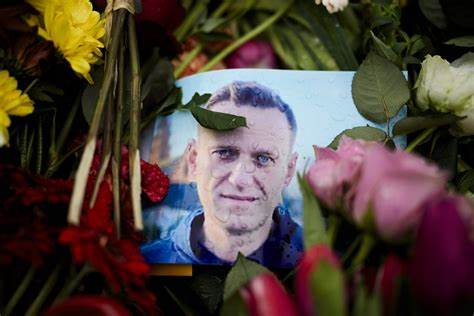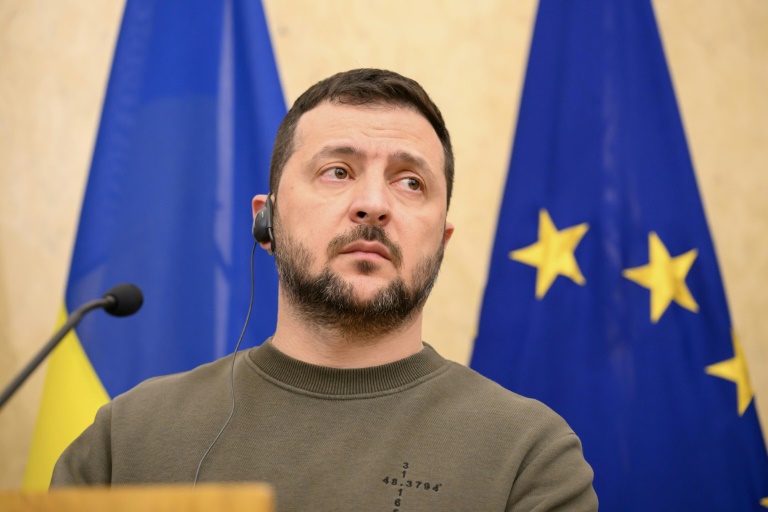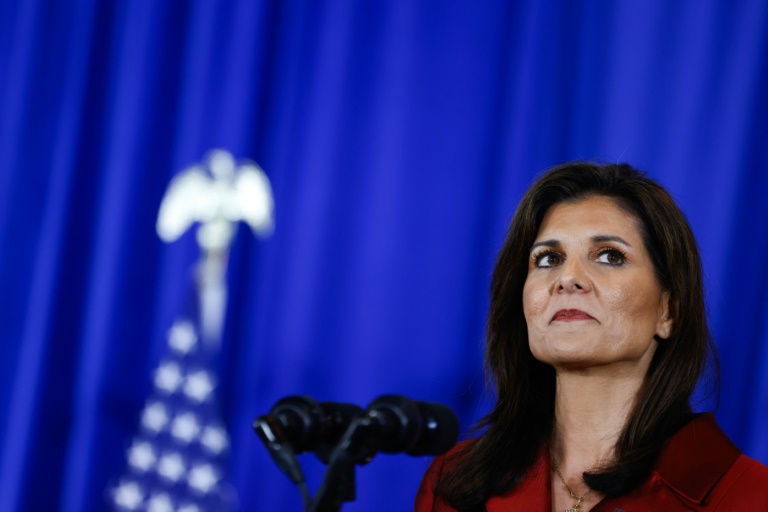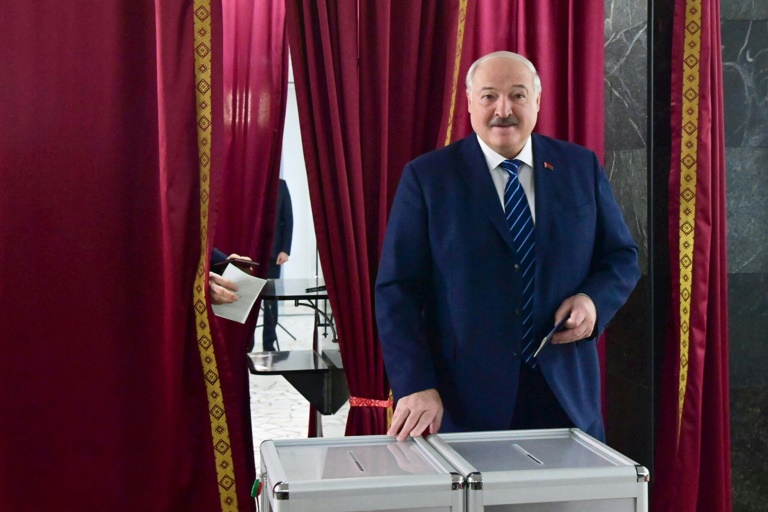The remains of Russian opposition leader Alexei Navalny, who passed away unexpectedly while in prison nine days ago, were transferred to his mother in the Arctic city of Salekhard on Saturday, according to his spokeswoman. However, the next steps regarding the body remain unclear.
Navalny, a prominent critic of the Kremlin, faced accusations from Russian authorities, which he and his supporters vehemently denied. Despite surviving a poisoning attempt in 2020 and enduring harsh treatment during his time in prison, including extended periods in solitary confinement, Navalny’s sudden death has sparked controversy.
Navalny’s team announced on a recent date that his death certificate attributes the cause to natural causes. Yet, in a prerecorded video preceding the handover of the body, Navalny’s widow, Yulia Navalnaya, accused Russian President Vladimir Putin of mistreating the deceased political opponent, describing it as “demonic” and an act of “torture.”
Expressing concerns over the handling of Navalny’s remains, his allies urged supporters to remain vigilant. Navalny’s spokeswoman, Kira Yarmysh, expressed doubts on a specified date about whether Russian authorities would allow the family to organize a funeral in accordance with their wishes and what they believe Navalny deserves.
Meanwhile, leaders from the Group of Seven (G7) major democracies, in a statement issued on the anniversary of the conflict in Ukraine, voiced support for Ukrainian President Volodymr Zelenskiy. The G7 leaders called on Russia to fully investigate the circumstances surrounding Navalny’s demise and to release all individuals detained unjustly.
In a video message published on YouTube, Navalny’s widow vowed to continue opposing Putin’s regime and questioned the president’s religious beliefs. She accused the authorities of holding her husband’s body “hostage” and highlighted their refusal to release it for a public funeral without conditions.
Navalny’s mother, Lyudmila, disclosed on a previous date that Russian investigators were withholding the body until she consented to a private burial. She recounted being pressured to comply, citing concerns over the body’s decomposition.
According to Navalny’s aides, authorities had allegedly threatened to inter his remains at the remote prison colony where he passed away if the family did not agree to their terms.
Russian President Vladimir Putin, who has emphasized traditional values and his affiliation with the Orthodox Church, has faced criticism for his handling of Navalny’s case. Navalny’s widow emphasized her husband’s devout Christian beliefs and how they influenced his political activism.
As developments surrounding Navalny’s death continue to unfold, questions linger about the circumstances and the treatment of his remains, prompting international scrutiny and calls for accountability.







